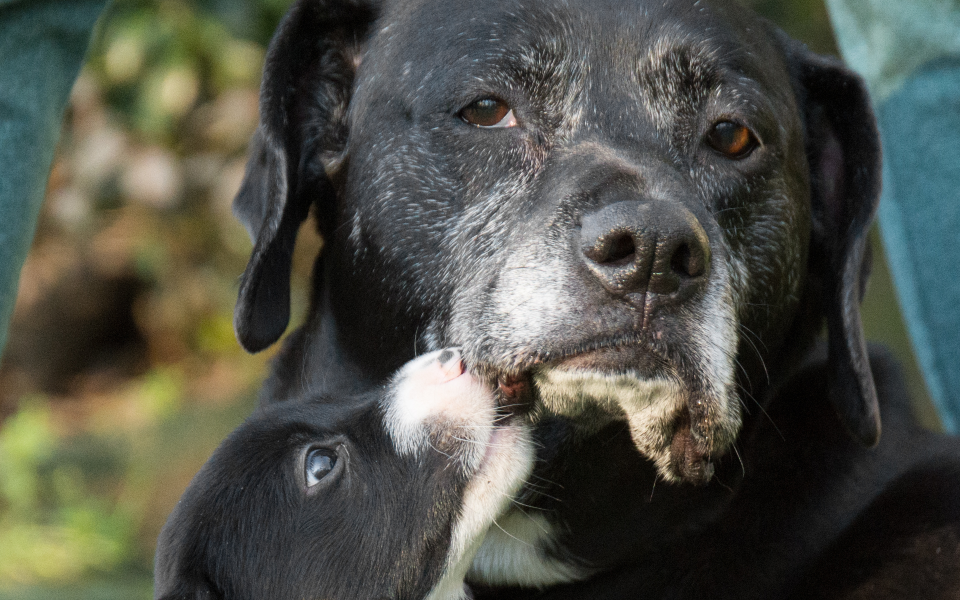
Next month, the International Veterinary Academy of Pain Management (IVAPM) will begin its annual awareness campaign to help pet parents identify pain in their companion animals. For Heaven at Home Pet Hospice, every month is pain awareness month, because pain management makes the difference between a comfortable quality of life in sunset years and the time to say goodbye.
“Compassionate palliative care means helping a companion animal enjoy a quality of life worth continuing. Pet parents are on the front line, and identifying the subtle differences between natural aging and pain that could be managed can be challenging. Yet so many senior dogs can continue to enjoy their lives with the right pain management,” said Dr. Laurie Brush, founder of Heaven at Home Pet Hospice. The team provides home euthanasia services when it’s time to say goodbye, but are also experienced pain practitioners who can extend comfort during a pet’s sunset months or years.
For every source of pain, whether cancer, arthritis, or surgery, there are numerous treatments, including pain medications, physical rehabilitation, acupuncture, cold laser therapy, and therapeutic massage. There also continue to be exciting scientific breakthroughs in pain management strategies that benefit aging dogs.
“From the “Assisi loop” to monoclonal antibodies for arthritis, there has never been a better time to keep your pet comfortable,” Dr. Brush said.
IVAPM Pain Check List for Dogs
- Difficulty getting up or lying down
- Difficultly walking or running (limps or goes more slowly)
- Difficulty jumping up or down from the car or furniture
- Difficulty walking on slippery floors
- Difficulty going up or down stairs
- Less playing or exercising with you or other animals
- Restlessness or difficulty finding a comfortable position
- Vocalizing (whimpering, groaning, or crying) when touched or moving
- Decreased appetite
- Less desire to interact with people or animals (hiding, resisting being pet, held, or picked up)
- Excessive licking, biting or scratching a body part
- Sleeping in an unusual position
- Unusual aggression when approached or touched (biting, growling, or ears pinned back)
- Panting or trembling when resting
- Changes in eye expression (staring, dilated pupils, vacant look, or squinting)
If your senior dog exhibits any of these behaviors, it’s time to reach out to your routine veterinarian for an evaluation, or seek a pain consultation with a specialist. Old age in our fur friends may be inevitable, but pain is not.
